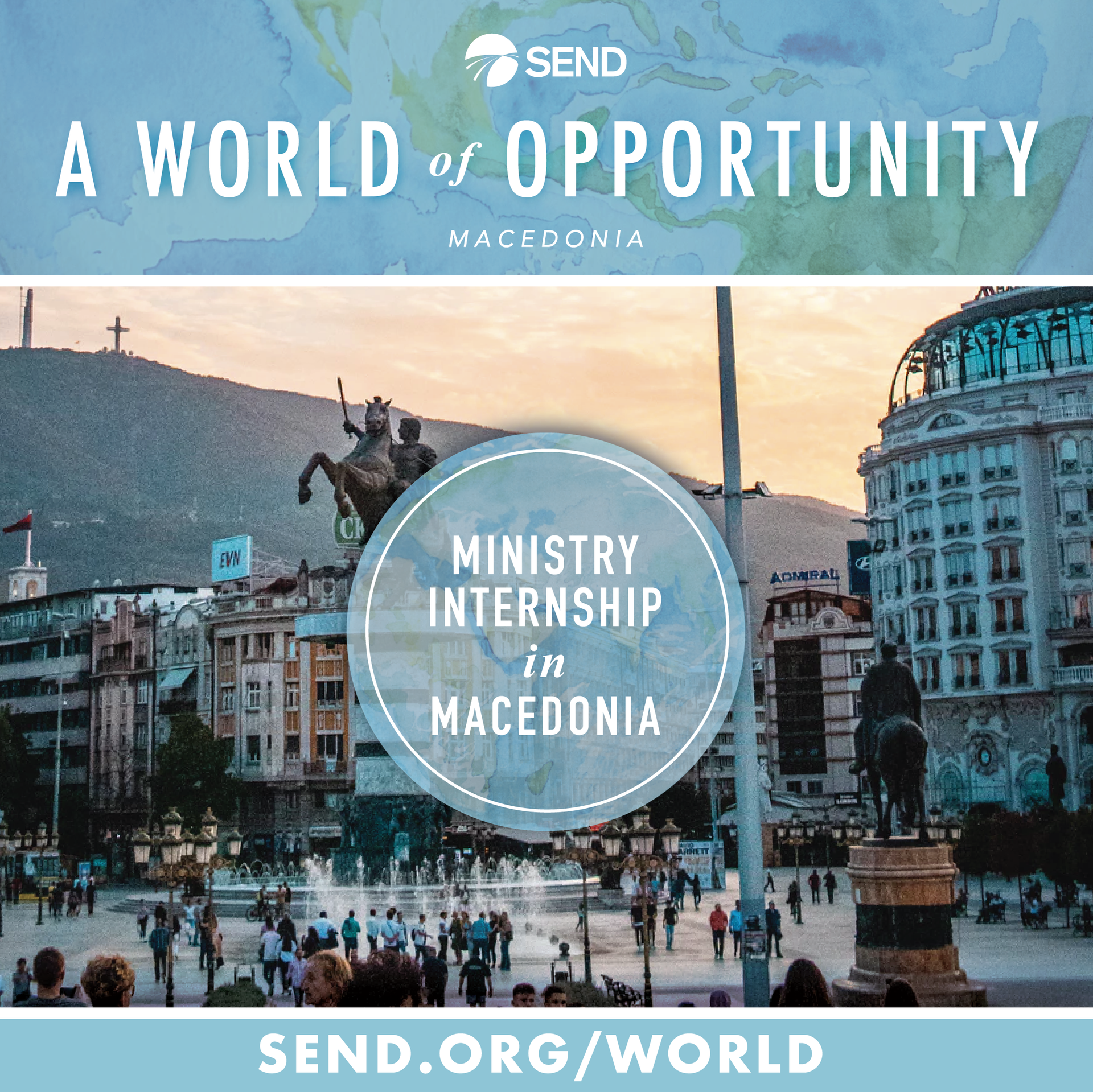Who or what do we turn to for protection?
We entered her new apartment and looked around. It was beautiful—a vast improvement over her previous rental with leaky sinks and broken doors. But an image located in a prominent place on the wall caught my eye. I had seen it in her run-down old house; it was one of the few things she brought with her when she moved to this new, fully furnished apartment. The flat, circular, royal blue tile resembled an eye, with a smaller white circle and a black dot in the middle.
I asked her what it was, and she kind of laughed and said it was just a pretty wall decoration. But when I asked again if it had meaning, as I knew it did, she became serious and said it was to keep the evil spirits away and out of her house.
Many Muslims place a variation of this blue/turquoise eye in their homes, in their vehicles, and sometimes as necklaces on their children to ward off the evil eye. Muslims fear the power of the evil eye, which they feel can enter the home or the life of a family, especially a child, when someone looks with jealousy at them, or even when a guest gives an honest comment about something pretty in their house.
I told our friend that Jesus is more powerful than the evil spirits and that when she feels afraid, she can call out to him to save and protect her and her family. She said thank you, but she wasn’t quite ready to take it down yet. Habits and beliefs deeply ingrained in her mind and soul have journeyed with her across the many miles from her homeland to her new home in North America.
I have seen this blue eye painted on trucks in India, Pakistan, and Afghanistan and swinging from the rearview mirror of taxicabs from Turkey to Uzbekistan. Variations of this pretty blue tile are for sale in all central and middle eastern countries, as well as here in North America. But it is not just a decoration. It is a reminder that the fear of the spirit world is very real to much of the world’s population, and it is also a reminder to Christians to acknowledge that felt fear and to be ready to provide an answer through the name and power of Jesus Christ.
For example, we can tell the story of the time when a man with an evil spirit tried to challenge Jesus. Jesus rebuked the evil spirit, commanding it to be quiet and leave the man—and it did. Luke 4:36 says all the people there were amazed and said to one another, “What is this word? For with authority and power he commands the unclean spirits, and they come out!”
We believe and pray to the Lord of heaven and earth and he loves us with an everlasting love. Oh that the Muslims of our towns and communities would come to know and trust this Word of God, who calls out and casts out demons, to set free the sons and daughters of Abraham.
10/10 Prayer Initiative
Join with Christians around the world who are praying for 10 percent of the Muslim world to come to Christ in the next 10 years. This is no small ask, and we implore you, on Christ’s behalf, to pray that Muslims will come to the one who can deliver them from fear and bondage to the evil one. In John 10:10, Jesus says, “The thief comes only to steal and kill and destroy. I came that they may have life and have it abundantly.” Pray for:
- Missionaries trying to find a balance of ministry and family life in the ongoing challenges of a COVID world.
- Churches around the world and in our home towns to continue to find ways to meet and share the Good News of the Kingdom to their communities.
- Christians in America to bring a message of reconciliation and grace to a nation deeply divided. May it be a testimony to those watching from the outside.
Ministry among Muslims
In just three months, ENGAGE Macedonia interns:
• Practice cross-cultural life skills.
• Explore Macedonian culture.
• Experience purposeful ministry in Muslim and Orthodox Christian contexts.
• Grow through guided mentorship.
• Fulfill their academic requirements.
• Consider their place in God’s plan to reach the nations.
Your prayers launch missionaries out to unreached peoples and give them success through the power of the Holy Spirit. Subscribe to Intercede & SEND
, our monthly global prayer calendar.
• Download a free bookmark
with daily themes to help you pray for your missionary friends and their children.







